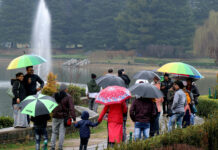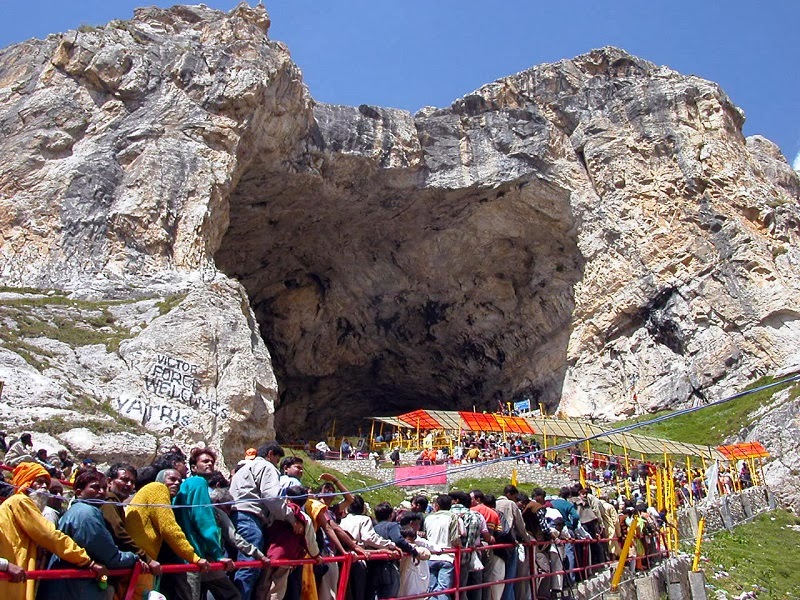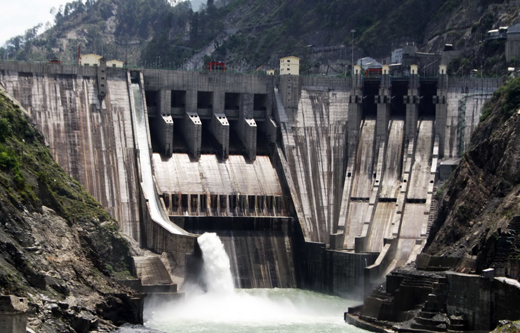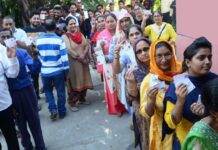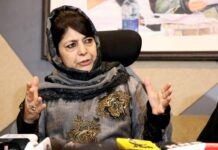by Saifullah Bashir
SRINAGAR: Kashmir is not leaving former Chief Justice, Rajan Gogoi, even though his autobiography is offering detailed narratives of the crisis in his era. Recently he was asked if his Rajya Sabha berth was a reward to his judgments allegedly “favourable to the government”.
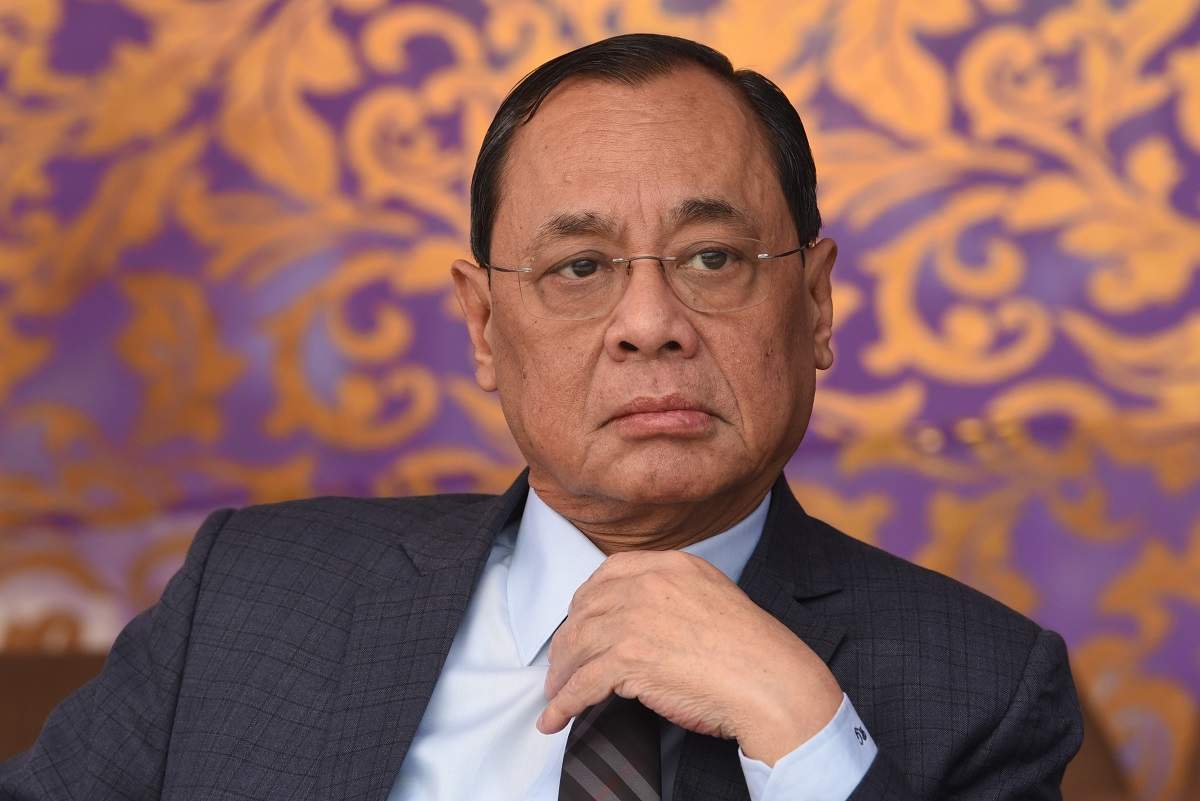
Justice Gogoi was interviewed by NDTV in view of his autobiography Justice for the Judge that was recently published.
“To the suggestion that the Raj Sabha seat was a reward for the fact that your tenure with a series of judgments was passed that were in favour of the government like Ayodhya, Rafale, Sabrimala and putting Kashmir’s Habeas Corpus petitions in cold storage?” Srinivasan Jain asked in the show.
The former top judge, however, chose to dodge the question. However, when Gogoi appeared for an interview on India Today, journalist Rahul Kanwal posed him a similar question. Gogoi replied, “I was busy with the Ayodhya case and forwarded other cases to available senior judges.”
The judge has talked about some crucial issues that took place during his tenure. From sexual harassment allegations to Ayodhya verdict, his book has tackled all these issues.
“The hearing of the Ayodhya case started from 6 August 2019 and the verdict was passed on November 09 2019 and all the judges of the bench were working 10 hours together every day,” Gogoi revealed.
When asked if the matter of human rights in Jammu and Kashmir after the reading down of article 370 was at least important, if not more important than the Ayodhya case, the former Chief justice said, “By the time Kashmir cases came, the bench was halfway through the Ayodhya hearing. One and a half months had gone by. So, I did the most obvious thing. On September 13, on office note, which is a part of the book, I assigned all the Kashmir cases to an alternative bench headed by the available senior-most judges.”
“I cannot do it. Why do I have to do it? There is another bench. The other judges will do it. I assigned it. I did not let Kashmir cases hibernate,” he said.
The judge said that these cases were allotted to the alternative bench headed by the then senior-most judges available on September 13 with the CJI order that these cases will be listed for hearing on October 1.
CJI further said that “everybody says that CJI has no time for human rights and Kashmir cases, what they do not say is that CJI assigned the Kashmir cases on that very day to be taken by an alternative judge on the next day.”
There are around two dozen petitions challenging the Presidential Order nullifying Article 370, including those by Delhi-based advocate ML Sharma, Jammu and Kashmir-based lawyer Shakir Shabir, National Conference Lok Sabha MPs Mohammad Akbar Lone and Justice (Retd) Hasnain Masoodi, bureaucrat-turned-politician Shah Faesal and his party colleague Shehla Rashid.
There is another PIL filed by former interlocutor for Jammu and Kashmir Radha Kumar, Air Vice Marshal (Retd) Kapil Kak, Major General (Retd) Ashok Mehta, and former IAS officers Hindal Haidar Tyabji, Amitabha Pande and Gopal Pillai who have urged the top court to declare the August 5 Presidential Orders be declared “unconstitutional, void and inoperative”.
The Sajad Gani Lone-led Jammu and Kashmir People’s Conference (JKPC) had in November last year moved the Supreme Court demanding early hearing of petitions challenging the nullification of Articles 370 and 35A of the Constitution.
The petitions were referred to a five-judge Bench in August 2019 by the then Chief Justice of India, Ranjan Gogoi. The case was last listed before a Constitution Bench led by Justice Gogoi’s successor, Chief Justice S.A. Bobde (now retired), on March 2, 2020.
Talking to Zee News, Justice Gogoi has said, “he became the punching bag instead of poster boy as he was being criticized for his judgments.”



